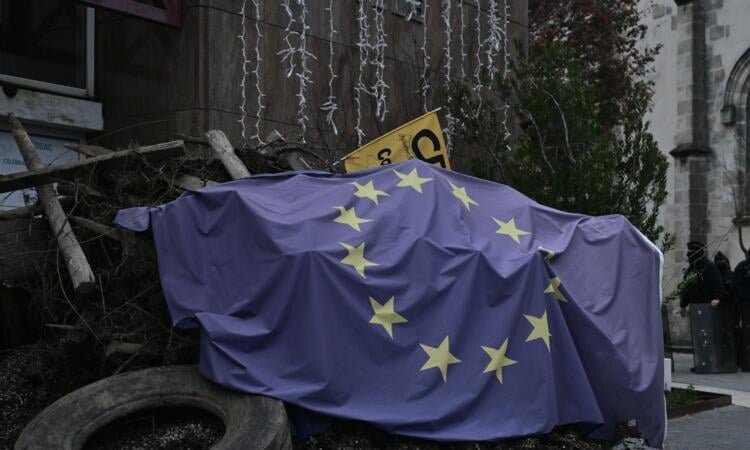EU budget proposal to spark tough talks amid farming fears, rising debt, global competition
Published: 16 July 2025, 2:18:38

The European Commission is set to unveil its proposal Wednesday for the European Union’s next long-term budget, marking the start of two years of high-stakes negotiations over spending priorities, funding reforms, and potential new taxes.
Commission President Ursula von der Leyen faces the difficult task of balancing growing demands on the EU — including defense, climate change, industrial competitiveness, and debt repayments — while navigating internal divisions and rising trade tensions with the United States.
The previous 2021–2027 budget stood at approximately €1.2 trillion ($1.4 trillion), primarily funded by national contributions and EU-collected revenues such as customs duties. But this time, the financial stakes are higher. Starting in 2028, the EU must begin repaying the €800 billion it borrowed during the pandemic — a cost estimated at €25–30 billion annually.
The European Parliament has already warned that an expanded budget will be necessary. “The union cannot do more with the same amount or less,” said Siegfried Muresan, the lead budget negotiator for Parliament, stressing that a funding increase is “unavoidable.”
New revenue streams and taxes
To cover new expenses, the Commission plans to introduce additional revenue sources. According to a draft seen by AFP, one proposal includes levies on large companies with annual net turnover exceeding €50 million. Other ideas involve drawing funds from increased tobacco excise duties and introducing a tax on non-recycled electronic waste.
However, some lawmakers are skeptical. “These sources are neither stable nor sufficient,” warned centrist MEP Fabienne Keller, voicing concern about expanding EU responsibilities without matching financial support.
Farm subsidies under fire
A major flashpoint in the negotiations will be the future of the EU’s Common Agricultural Policy (CAP), which currently accounts for around one-third of the budget — approximately €387 billion, including €270 billion in direct payments to farmers.
Brussels is reportedly considering folding the CAP into a broader “national and regional partnership” fund — a move that has alarmed farmers who fear reduced support and less transparency.
Copa-Cogeca, a leading pan-European farmers’ organization, warned that this approach risks “dissolving” the CAP with “fewer guarantees.”
On Wednesday, hundreds of farmers are expected to protest outside the European Commission building in Brussels, demanding that support levels be maintained.
Siegfried Muresan echoed their concerns, calling for CAP funding to be preserved and adjusted for inflation. Meanwhile, the Commission insists that direct aid to farmers will continue under existing rules, though it is also considering changes such as capping per-hectare aid at €100,000 — a potentially contentious move.
High-stakes talks ahead
The budget debate comes at a time when the EU is under pressure to strengthen its competitiveness against global giants like the U.S. and China, while also delivering on climate targets and security commitments. All this must be done within a framework where the richest member states are reluctant to pay more.
The upcoming proposal is expected to ignite months of political wrangling, culminating — as is often the case — in a marathon round of last-minute negotiations among EU leaders.
An EU official predicted, “As usual, it will end with five days of negotiations between EU capitals.”





